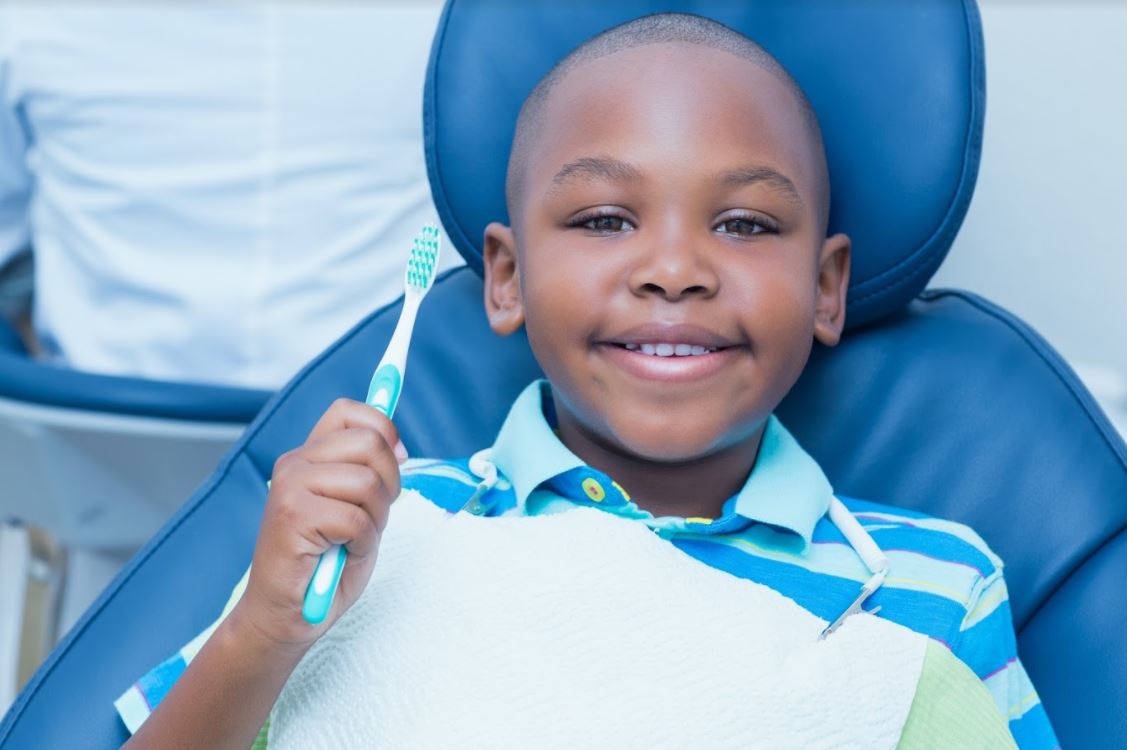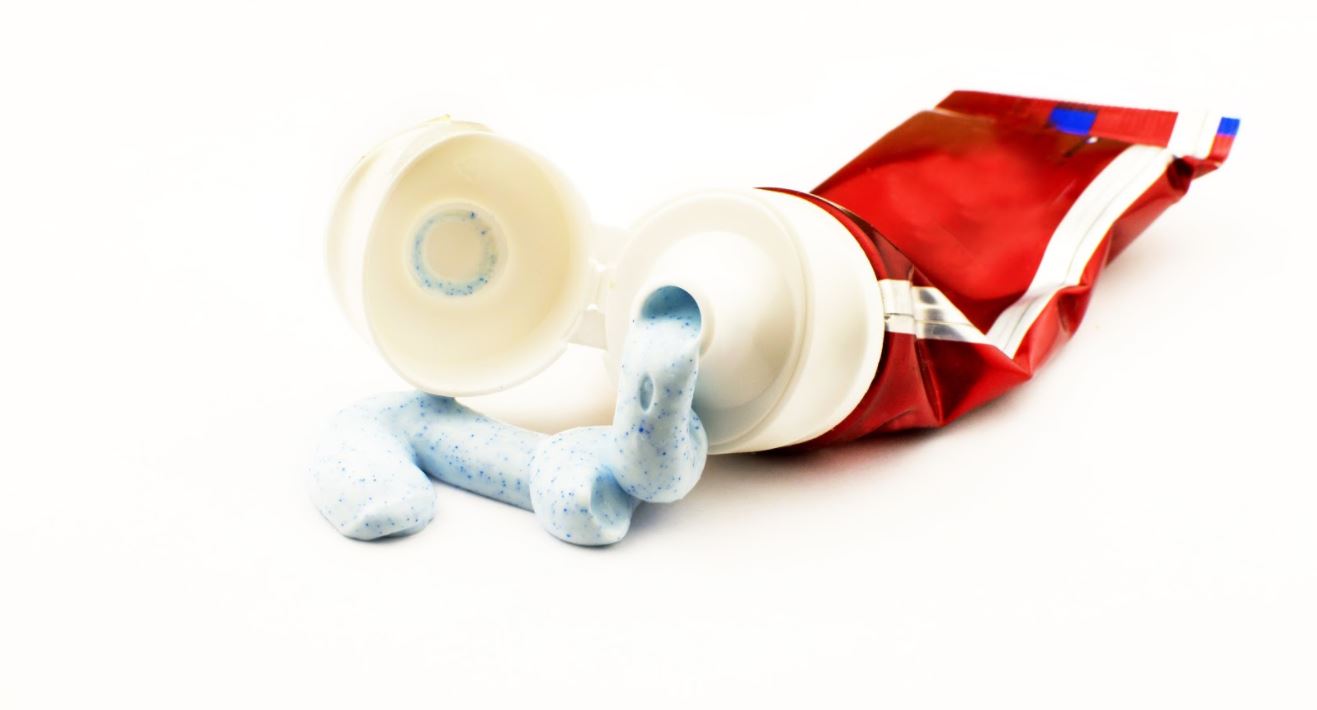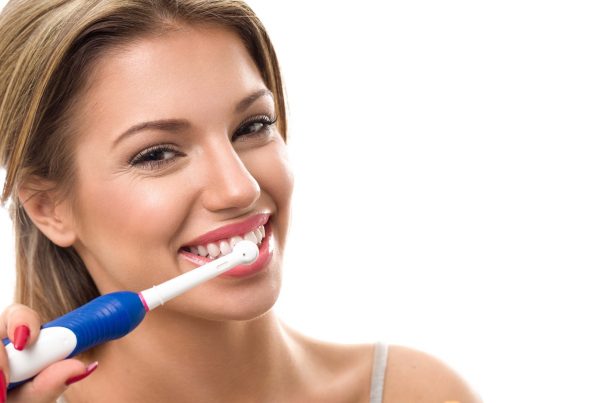As a parent of a child with autism, you will face challenges. One of these can be caring for your child’s teeth. That’s why we’ve asked Claire for her advice. Claire Sims is a special care dentist. If your child needs a bit more care than other kids, she is the best! Claire is going to give her top tips on helping children with autism to take care of their teeth.
Tooth brushing can be a challenge for many parents. Why would you want to brush your teeth when you could be watching another episode of Paw Patrol?
For children with autism the process of tooth brushing can be daunting. Children with autism often process sensations differently. The sensations of touch, taste, smell and sound can be heightened, and all of these senses can be stimulated in tooth brushing. This can make oral care an overwhelming and sometimes difficult experience for children with autism.
The good news is that there is lots of advice and help out there for parents on how to care for their child’s teeth as best as possible. The normal advice for children and dental care applies but there are some specific tips and tricks which may make dental care a little easier.
Firstly, you need to make toothbrushing part of your child’s routine. Children with autism often like having a set routine, and become upset when this is changed or disrupted. For this reason try and brush your child’s teeth at the same time each day – for example, just before breakfast and just before bed. Not all children will want their teeth brushed in the bathroom. Some may prefer it whilst sat on the sofa or on their bed. With a bit of trial and error you can find where your child feels most comfortable.
If your child won’t allow all of their teeth to be brushed in one go, split it up. Brush one area at a time and spread this throughout the day. Just make sure to keep track of which areas have already been brushed. It is recommended that a child has help with brushing until they are 8 years old. Some children with autism may need help with tooth brushing for longer than this.
Some children with autism may not tolerate an electric toothbrush. They can be quite loud and the sensation can be uncomfortable for some children. In these cases, a good technique with a manual toothbrush may be just as good. Your dentist can show you how to do this. Normally standing behind or beside your child allows you to see what you are doing whilst gently supporting your child’s head. You might find your child clamps down or chews on the toothbrush. If this happens, try to use a second toothbrush so that if one brush is clamped down on, you can use the other brush to gently carry on brushing.
Adapted manual toothbrushes, such as the Collis Curve, allows you to brush all tooth surfaces effectively while just moving in a forward and backwards motion. This can make it much easier for parents. If your child likes using an electric brush, use one with a small head.
Toothpaste can be quite strong tasting. Children’s toothpaste comes in many different flavours. If your child doesn’t like mint toothpaste, it’s worth exploring milder flavours such as strawberry. Unflavoured toothpaste, such as OraNurse, is also available. Try and encourage your child to spit but not rinse after brushing.
Another toothpaste tip is to try a low foaming toothpaste. Most toothpastes contain something caused Sodium Laurel Sulphate (SLS). This is what makes the toothpaste foam
up and leaves you with a mouthful of foam after brushing. By using a toothpaste without SLS, this reduces foaming and so reduces sensory feedback for children with autism.
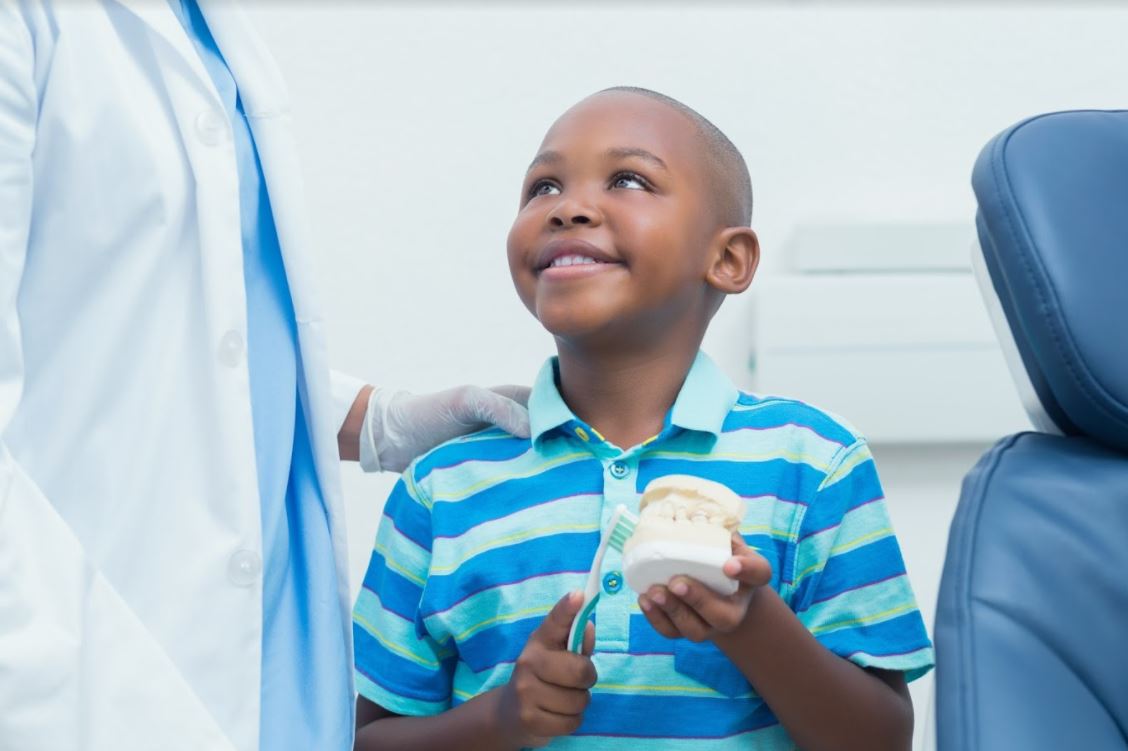
As your child gets older your dentist may prescribe them toothpaste. It is important that this is used as directed. Lots of parents ask about mouthwash. Mouthwash tends to only be recommended for children above the age of 8 years old. If you think your child can safely rinse and spit the mouthwash without swallowing it, it can be useful but only if used before brushing. Your mouthwash should contain fluoride.
For more information on how to care for your child’s teeth, take a look at this video and article.
Keep updated with the Online Dentist newslettersign up today
Recent Articles
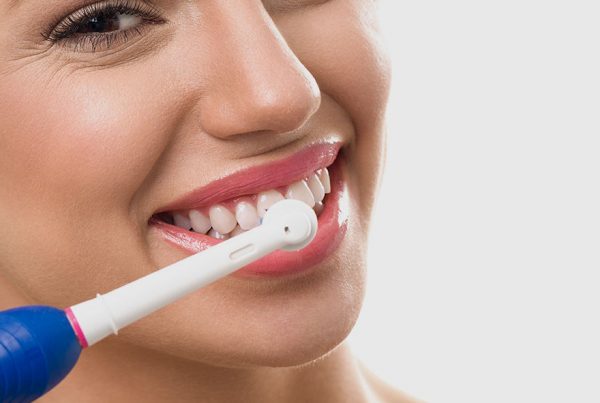 Tooth brushing is the best way we have to remove bacteria from our mouths. The majority of problems with your teeth are caused by bacteria. Bacteria making holes. Bacteria damaging...
Tooth brushing is the best way we have to remove bacteria from our mouths. The majority of problems with your teeth are caused by bacteria. Bacteria making holes. Bacteria damaging...
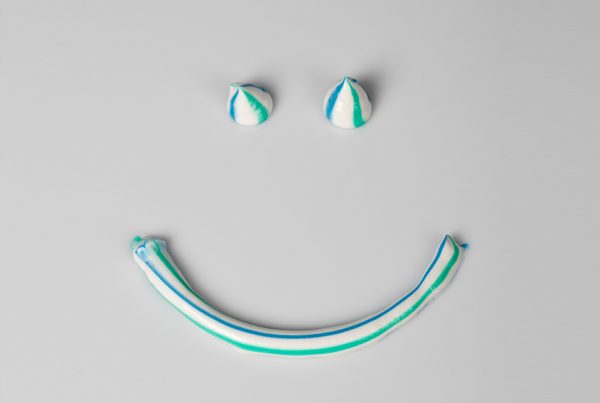 This article is all about toothpaste, what should be in it and why you should use it when brushing your teeth. Forgive me but I'm going to start out with...
This article is all about toothpaste, what should be in it and why you should use it when brushing your teeth. Forgive me but I'm going to start out with...

